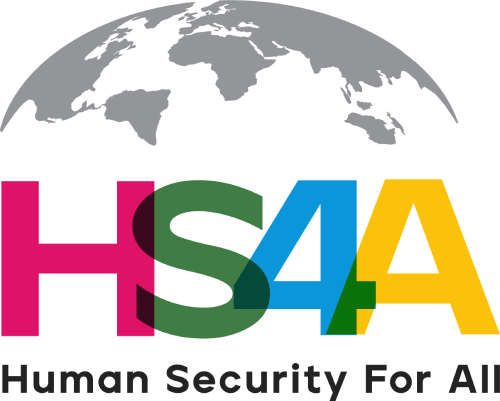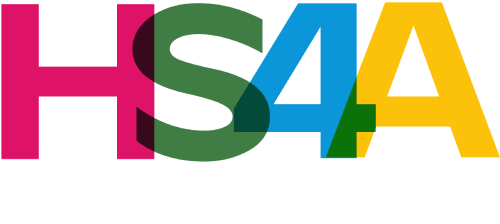What Are The Technology Needs For The Developing World?
- By Human Security For All
A Great Minds session at the world’s largest technology event The Consumer Electronics Show (CES) explores tech’s role in addressing global crises — climate, security, and development. Can it bridge gaps and ensure equitable progress?
Panelists include Stedman Graham, Business Advisor, Chairman and CEO of S. Graham and Associates; Ketan Patel, Chairman, Force for Good Platform, CEO and Founder, Greater Pacific Capital; Trammel Crow, Founder of EarthX; and Walt Stinson, a Director of the HS4A campaign and CEO of ListenUp.
Technological advancements have transformed daily life and provided innovative solutions to pressing challenges, such as financial inclusion and worldwide education.
Stedman Graham underscored the importance of self-awareness and effective technology usage for individuals to reach their potential and build a better life. Without this, people face challenges in developing their potential and improving their lives, he said.
Walt Stinson highlighted the fact that two-thirds of the global population has not participated in technology advancements, which are crucial for industries, education, food and water access, and healthcare. As a director of the Human Security for All campaign and a veteran of the consumer technology industry, he emphasized the importance of recognizing the unique challenges of the developing world and encouraged the developed world to pay more attention to the needs of the developing world, particularly in areas such as education, agriculture, water, and healthcare, where technological innovation can greatly benefit the population.
Artificial Intelligence (AI) is also recognized as a transformative technology with profound ethical and moral implications. Global cooperation is essential to ensure human security and address the ethical challenge of AI deployment. The potential impact of AI is vast and can infuse every product and industry, leading to significant improvements in standards of living and productivity. Overall, the panel recognized the importance of integrating technology into development efforts and utilizing it as a force for good to empower individuals and communities. Partnerships between public and private sectors are also essential in addressing infrastructure needs and promoting sustainable technology solutions.
Trammell Crow touched on the need for a balanced approach between environmental concerns and innovative technology, using his own background in real estate and environmental activism as context. He encouraged the audience to consider the role of technology, specifically AI, in solving global problems, but emphasizes the importance of integrating human values to prevent technology from becoming a destructive force.
Ketan Patel proposed that technology can drive down costs and provide effective solutions, such as developing clean water systems, providing clean energy solutions, and using satellite technology like Starlink for internet access.

The Human Security For All (HS4A) is a global campaign led by the United Nations Trust Fund for Human Security and the World Academy of Art and Science in partnership with a broad constituent of entities and citizens like you. Our aim is to Promote human security among networks of people who play key roles in adopting new ideas and translating them into action – policymakers, youth leaders, private sector innovators and financiers as well as educators, scientists, artists and more.







